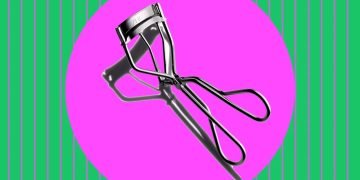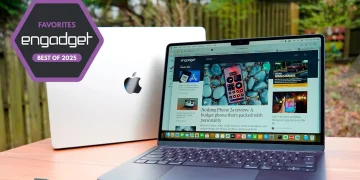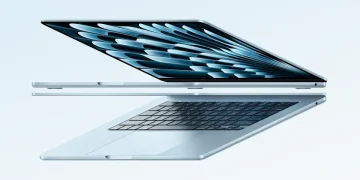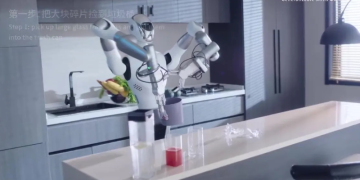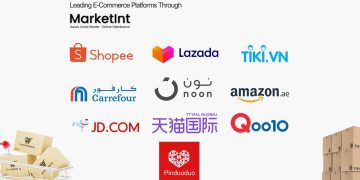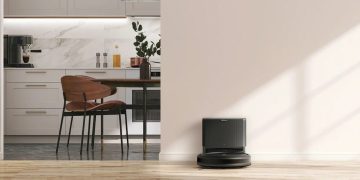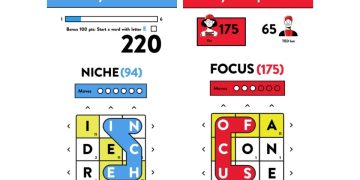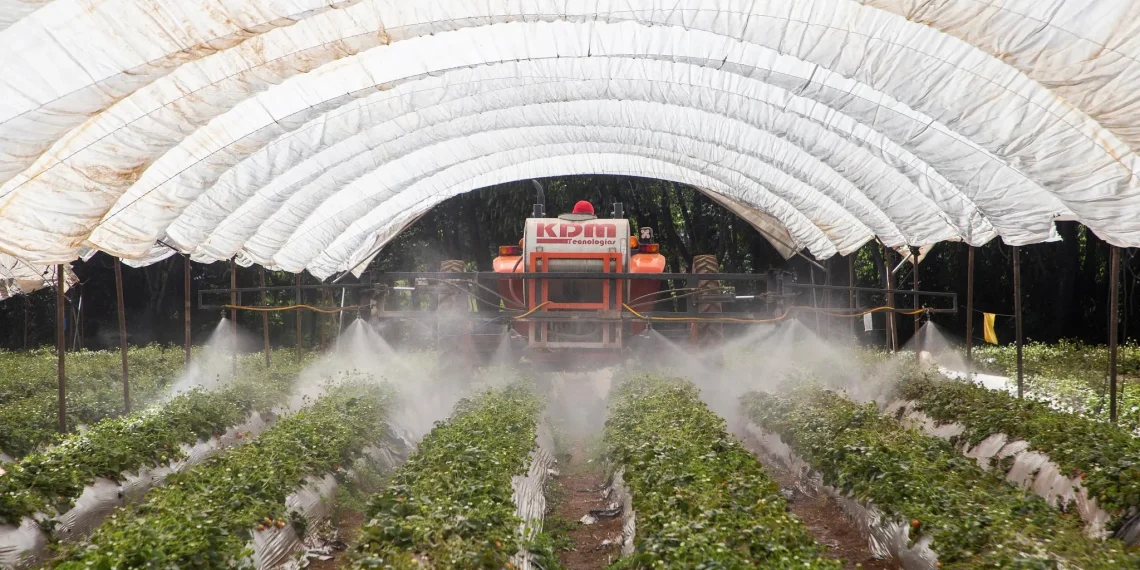At a time when U.S. hotel companies are carefully watching their profit margins, the introduction of tariffs on goods from China, Canada and Mexico further complicate their budgeting process.
In a global economy, hotel companies, like many others in the U.S., rely on foreign goods because of lower prices as well as domestic manufacturing capacity.
In his strategy to negotiate more favorable trade terms for the U.S. and boost domestic manufacturing capability, President Donald Trump has imposed multiple tariffs, leaving some in full while creating exceptions in certain circumstances.
Currently, Trump has placed new blanket tariffs of about 20% — on top of the 10% tariff put in place during his first administration — on goods from China. After some back and forth and some delay, Trump also enacted 25% tariffs on goods from Canada and Mexico. He later carved out some exceptions for goods and services that comply with the United States-Mexico-Canada Agreement, at least until April 2. There’s also now a 25% tariff on imported steel and aluminum from all countries.
A possibility exists for reciprocal tariffs being enacted as other countries respond to new U.S. tariffs.
For companies that rely on products from other countries because of domestic availability and/or pricing, the tariffs will likely have a significant impact on their spending. For hotel companies that have been watching expenses rise faster than revenue, they see another potential cause of profit margin tightening further.
That said, there are options.
“The best advice I would tell people is, there’s no reason to panic,” said Alan Benjamin, president of hospitality furniture, fixtures and equipment procurement firm Benjamin West.
The tariff situation hasn’t fully settled, and the worst thing people could do is massively overreact, he said. Knowing how tariffs work helps, as does finding multiple options to deal with imported products.
Furniture, fixtures and equipment pricing
There are a number of variables at play, so it’s not a one-size-fits-all situation, Benjamin said. It’s important to remember tariffs apply to the first cost free on board, or FOB, not the full purchase order price. If a hotel company buys a $1,000 headboard, the tariff isn’t on the $1,000 because that includes containerization insurance, freight markup and other costs. Also, the tariff is a tax, so buyers don’t pay a tax on the tax.
“If you had a $1,000 headboard with a 10% tariff, if a vendor is charging that owner $100, they’re not being totally kosher,” he said.
When it comes to components of products, there’s also some flexibility, Benjamin said. If a dresser is manufactured and assembled in Vietnam, but it includes drawer glides made in China, that shouldn’t increase the cost.
“I don’t know that the U.S. government is going to get sophisticated enough to say, ‘OK, on this $1,000 piece of furniture, $82.50 worth of raw materials came from China, so let’s put a first cost tariff on that,” he said.
The other factor to consider is timing, Benjamin said. The tariff applies to when the goods reach their point of entry in the U.S., not when the buyer orders them. The lead time on some orders can be eight weeks up to 30 weeks. There could be a situation in which the buyer orders $10 million in hotel furniture, fixtures and equipment from a country of origin with a 10% tariff but the tariff is rescinded by the time of U.S. entry.
There’s no way to know if the tariff at the time of arrival in the U.S. will be at zero because the two countries negotiated a new deal, it’s at 100% because the situation worsened or somewhere in between, he said.
“We’re recommending that clients put a 10% contingency on the [furniture, fixtures and equipment] amount only, not on the entire project cost,” he said.
One strategy that Benjamin advises is that when hoteliers set up a model room, have at minimum two vendors for case goods, lighting, seating, window treatment, artwork and the like. If any product isn’t made in the U.S., they should have two countries of origin for the goods. That way, a model room that takes 12 to 16 weeks to set up from start to finish has different options available when reviewing vendors for best finish, price, quality and the like should a tariff go into effect in the meantime.
Fifteen to 20 years ago, roughly 50% of what goes into a hotel room came from China, he said. Now, it’s about 15%, and that will vary by the type of hotel. The 25% tariff Trump placed on Chinese goods in 2018 ramped up the existing Vietnamese production.
Some goods still come from China, and some of those vendors are absorbing the increased cost, he said. Many goods come from state-owned factories, which can operate at a loss because the government views that as better than laying off thousands of people at a factory.
The hotel industry has been managing inflation in the construction and renovation space for years now, said Richard Jones, executive vice president and chief operating officer at hotel ownership, management and development company Hospitality Ventures Management Group. The manufacturing sector has been further diversifying, specifically with Vietnam becoming a major producer of furniture, fixtures and equipment along with India making progress. There are also more manufacturers in the U.S. than there were three to four years ago.
That means that while the tariffs on China will have an impact on costs, the U.S. hotel industry is less dependent on goods from China than it used to be, he said.
HVMG has a handful of active renovation projects that are at the point of purchasing, Jones said. The team has had to go back and do some reselections, revisions and alterations based on the pricing coming back. It continues to be a challenge to balance the right level of quality with the right manufacturer at the right price.
“I don’t expect that’s going to change anytime soon,” he said.
The trade-off generally is hoteliers might pay a little more with domestic options but save on the shipping and have more certainty in timing of the delivery, Jones said. There may also be better quality control and ability to work directly with the manufacturer to get exactly what they want.
“There’s some other kind of intangible benefits there that come with that can help make a project,” he said. “Increase the certainty, increase the efficiency and ensure a better on-time, on-budget delivery and take some risk out of the situation — but nothing’s cheap.”
Food-and-beverage costs
When the Trump administration started moving on the tariffs with Canada and Mexico a few weeks ago, HVMG, which has a portfolio of restaurants and bars alongside hotels, got its food-and-beverage team together with the operations team, Jones said. They outlined a seven-point plan to give guidance and direction to general managers, chefs and other leaders in the field on how to navigate what’s going on and how to make adjustments to offset any increased costs.
“First and foremost, above all of it, is to really just pay very close attention to what’s going on with the specific products that we’re purchasing today and identify and be aware of and react immediately to any price increases that have been coming through,” he said.
So far there hasn’t been a broad impact from any tariffs just yet, Jones said. They’re looking at the different categories in which it spends and looks at alternative products and alternative vendors and sources of these products, whether they’re food, supplies or other materials. From there, they’re working with their different purchasing and vendor partners to get a short list of the best alternatives for their different products.
“We’re giving everybody the tips and the tools to know what to do when that happens,” he said.
Within its own operations, HVMG is looking at what’s available and making constant price comparisons, Jones said. The team is looking at making menu adjustments and tweaking product offerings to avoid any high-impact items on the menu. They’re also looking at where they can make bulk purchases today to take advantage of current pricing and lock in a commitment for the next 90 to 120 days, depending on the vendor and product.
Some products may prove difficult, such as the avocado, a popular ingredient in the U.S. that is sourced almost entirely from Mexico.
“There’s only so much domestic production that the market can take advantage of, so everybody’s going to have to come up with some alternates,” he said.
Tariffs aside, the hotel industry at large is still dealing with costs generally rising at a higher rate than revenue is, Jones said. It’s been getting better over the past couple of years, but profits and profit margins continue to be a real challenge.
“Every line item needs to be optimized in order to see year-over-year profit growth and value increases in these hotels,” he said. “We really don’t have much flexibility to absorb in terms of product price increases, so we’re going to have to get creative and find these alternates and find substitute products or tweak the product offering.”
If that’s not possible, hoteliers will have to stay on top and keep their prices moving in proportion to the expense increase to keep profit margins intact, he said. The plan at the start of the year, before the tariffs became a major factor, was to mitigate the effects of inflation by reviewing menus, changing up the offerings and price points, and adjusting them on a quarterly basis.







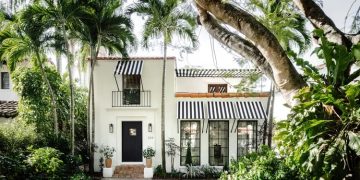



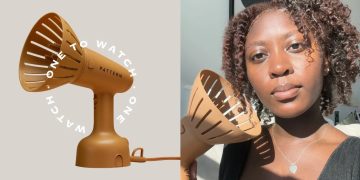
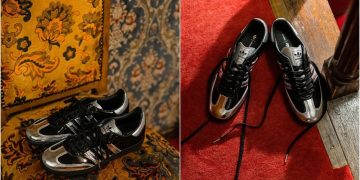


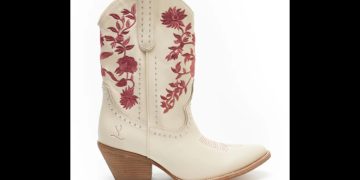
![Anne Hathaway’s Celebrity Shoe Style [PHOTOS]](https://singexpress.news/wp-content/uploads/2024/10/7316aba8adf0fa7f551350cdb6d52baa-360x180.jpg)

